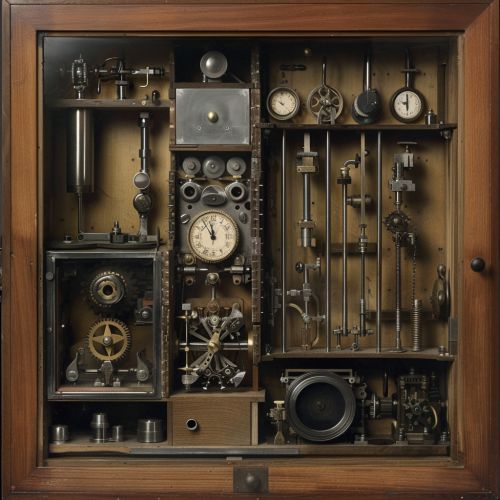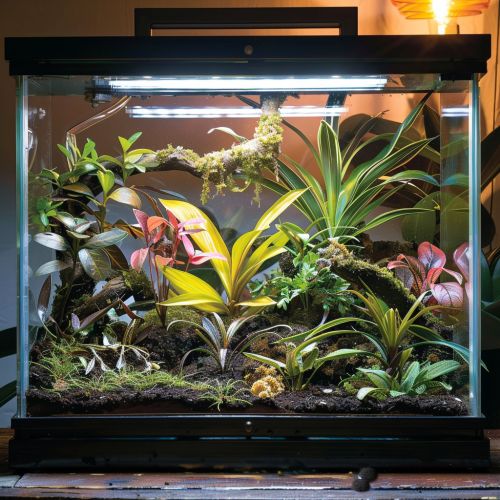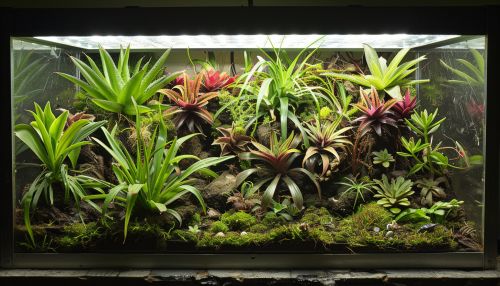Closed System
Introduction
A closed system in the context of physics and engineering, refers to a physical system that does not allow certain types of transfers in or out of the system. The specification of what types of transfers are disallowed varies in the closed systems of interest, which include mechanical, thermodynamic, fluid, and biological systems.
Mechanical Closed Systems
A mechanical closed system is one in which mass is conserved within the system boundaries, but energy can be exchanged with the surroundings. This is in contrast to an open system, where both mass and energy can be exchanged, and an isolated system, where neither mass nor energy can be exchanged.


Thermodynamic Closed Systems
In thermodynamics, a closed system can exchange energy (as heat or work) but not matter, with its surroundings. An example of this is a pot of water being heated on a stove. The system (the pot and water) exchanges heat with its surroundings (the stove and the air), but no matter enters or exits the system.
Fluid Closed Systems
In fluid mechanics, a closed system is one in which the fluid is contained within a fixed volume, with no flow in or out. This is in contrast to an open system, where fluid can flow in and out. An example of a closed system in fluid mechanics is a water tank that is sealed so that no water can enter or exit.
Biological Closed Systems
In biology, a closed system refers to a self-sustaining ecosystem where all nutrients are recycled. This is in contrast to an open system, where nutrients can be added or removed. An example of a closed system in biology is a terrarium, where water and nutrients are recycled among the plants and animals in the system.


Closed System in Other Disciplines
The concept of a closed system is also used in other disciplines such as economics, sociology, and computer science. In these fields, a closed system is one in which all the components and interactions are known and can be predicted. This is in contrast to an open system, where new components and interactions can arise.
